The Resilient Community Movement
In an increasingly complex world, the essence of our survival hinges on the cultivation of human relationships and effective communication. Franklin D. Roosevelt emphasized the importance of fostering connections among diverse peoples to coexist peacefully. To address the challenges of today and the future, we must unite and take charge of our local ecosystems, ensuring they serve our collective needs. While finding common ground may seem simple, it is often a daunting task in a culture marked by divisiveness. This is where resilient ecosystems play a vital role, providing the necessary tools and support to bridge those divides. By working collaboratively with communities, we can establish shared goals that foster unity and resilience, ensuring that we not only survive but thrive together in harmony.
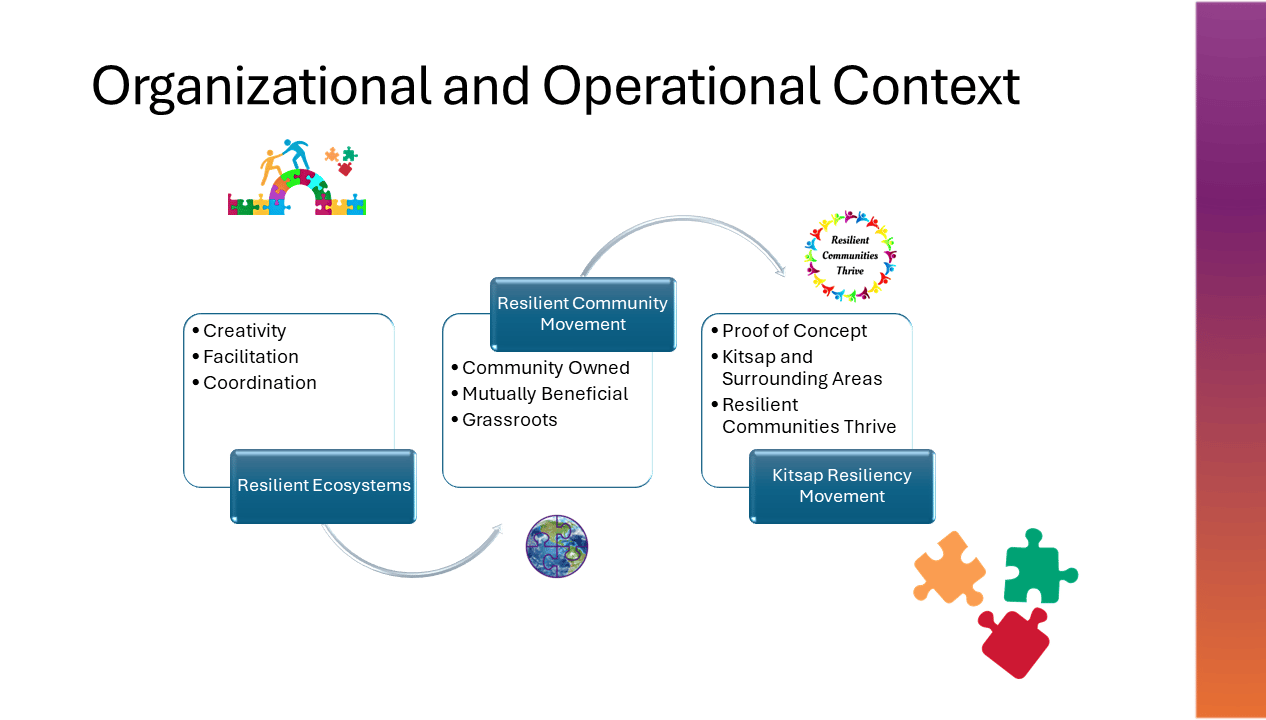

Human Projects
Resilient Ecosystem's aim is to foster connected and vibrant neighborhoods, empowering communities through grassroots movements that drive meaningful change in the human condition. While the overarching goal is long-term transformation, we recognize the importance of shorter-term projects that engage and focus our efforts.
These initiatives prioritize human needs, ensuring security and stability, which in turn allows for the cultivation of generational work. By addressing immediate concerns, we create a foundation that supports broader social and environmental goals, paving the way for sustainable development. These projects not only provide essential resources but also encourage community participation, fostering a sense of ownership and collaboration among residents. Ultimately, this dual approach strengthens both the immediate community and the long-term vision for a resilient future.
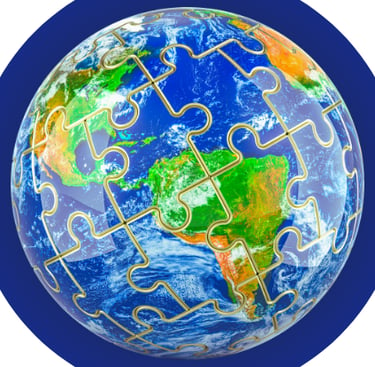

Community 4 All
When disaster strikes, it often serves as a catalyst for humanity to unite, forming networks of support that illustrate our innate capacity for compassion. In these moments of crisis, the true essence of human nature shines through, countering the negative stereotypes often attributed to it. We are not just isolated individuals but part of a diverse community that thrives on connection and shared experiences. Instead of succumbing to the superficial ideologies of community that society often presents, we must recognize our fundamental human traits that bind us together. Embracing this perspective allows us to cultivate the skills necessary to foster genuine relationships and appreciate the commonalities we share, which far outweigh our differences. It is time to shift our focus toward building an inclusive community that celebrates our interconnectedness.


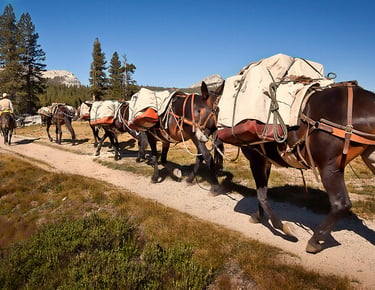


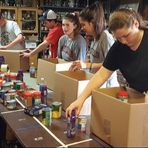
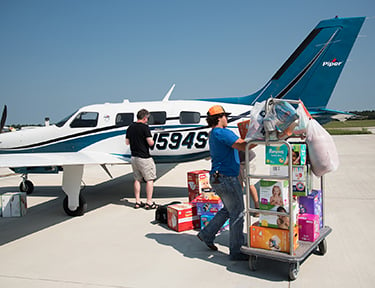
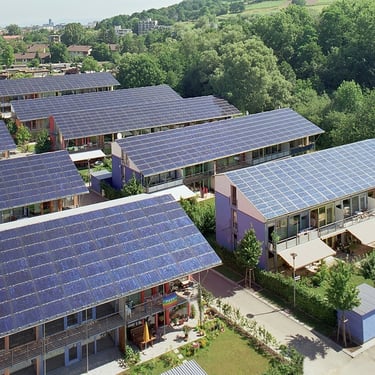

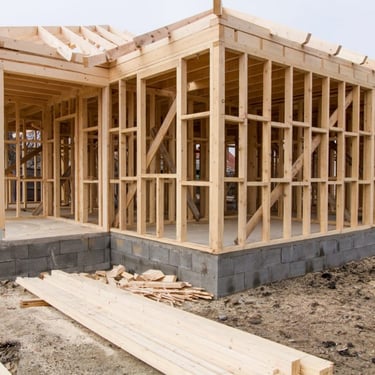
The Many Ways of Community Resilience!
Food 4 All
The potential rise in food prices is a pressing concern, particularly as increases reach 10%, 20%, or even 50%. Such escalations would challenge consumers' budgets and disproportionately impact low-income families. Moreover, the looming threat of food shortages could exacerbate the situation, with a 10%, 20%, or 50% decrease in available food items on store shelves. These scenarios raise critical questions: At what point does the gradual increase in prices or the decline in availability transition into a full-blown crisis? Food security is undeniably at risk, making it essential to anticipate these challenges and devise effective strategies to mitigate their effects. Ensuring access to affordable and sufficient food is crucial for maintaining societal stability, and understanding the implications of these potential changes can help communities better prepare for the future.
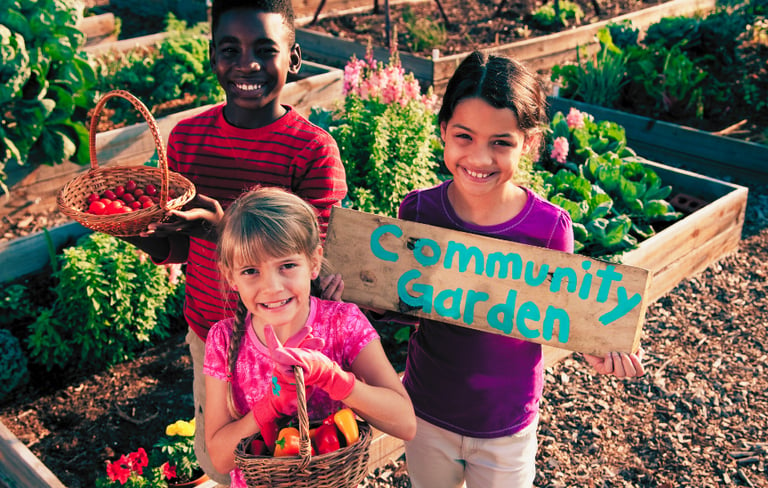





Victory Gardens
Victory gardens, initially promoted between World War I and the conclusion of World War II, served as a crucial means for local food production during times of scarcity. Today, the relevance of these gardens is more pronounced than ever. Our society has shifted towards food delivery systems, heavily processed meals, and fast food, leading many to lose essential cooking skills. While this reliance on convenience is manageable when resources are abundant, it poses a significant risk in times of uncertainty.
As we face potential disruptions in food supply chains, it is imperative that we cultivate a culture of self-sufficiency and resilience. By reintroducing victory gardens into our communities, we can ensure food security for the future, fostering a deeper connection to our food sources and empowering individuals to take control of their nutrition. Transitioning to this sustainable model is a vital step toward safeguarding our food independence.
Grow Centers
In the face of looming food crises exacerbated by conventional commercial agriculture, and Climate Change, the establishment of high-efficiency grow centers represents a vital shift towards a secure food ecosystem. By embracing a permaculture approach, these centers enable a diversity of crops to thrive year-round, significantly mitigating soil erosion and depletion. They prioritize water reduction and reprocessing, while also minimizing transportation routes, ensuring that fresh produce reaches local markets at competitive prices.
This localized food production not only promises a steady supply of food but also fosters job creation and economic growth within regions like Kitsap County. As we witness disruptions in our supply chains, the transition to resilient, community-based food systems becomes increasingly essential!
Power 4 All
The Power 4 All project represents a transformative movement toward decentralized and distributed energy generation through a community-based model. This initiative acknowledges that transitioning to this system is a gradual process, requiring substantial public support to encourage utilities and government entities to embrace these changes.
Microgrids are sophisticated energy systems that seamlessly integrate supply-side and demand-side resources at a low voltage local distribution level. They operate in two distinct modes: in mutual support during normal conditions, the microgrid connects to the larger grid, enhancing stability and reliability. Conversely, in cases of grid emergencies, the microgrid can function independently, entering island operation to ensure an uninterrupted power supply. This self-sufficient system incorporates generation, transmission, distribution, and storage capabilities, allowing it to maintain a local power balance and optimize energy allocation. By utilizing localized resources effectively, microgrids contribute to energy resilience and sustainability, making them a vital component of modern energy infrastructure.


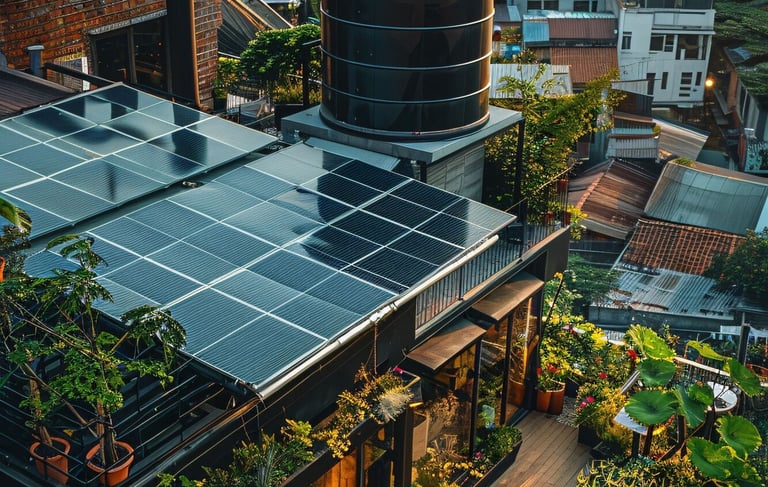

No Silver Bullet
The quest for sustainable energy solutions highlights a fundamental truth: there is no single "silver bullet" capable of wholly replacing traditional energy generation or delivery methods. Rather, effective transformation will necessitate a multifaceted approach, engaging every layer of society—technical, social, political, and corporate. Embracing distributed energy models is essential, as they advocate for a variety of generation sources, which can be effectively managed through microgrids. These localized systems must not only operate independently but also interface seamlessly with the national grid to ensure reliability and efficiency. By fostering this complexity, we can create a resilient energy landscape that adapts to the diverse needs of communities while mitigating the impact of climate change, disaster, and terrorist action and providing a cleaner, more sustainable system for everyone!
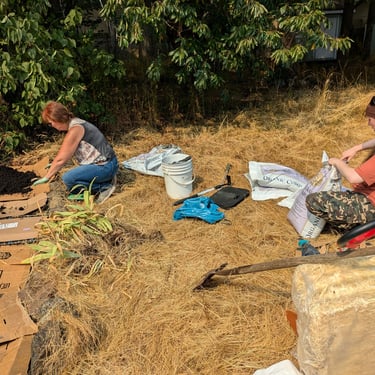
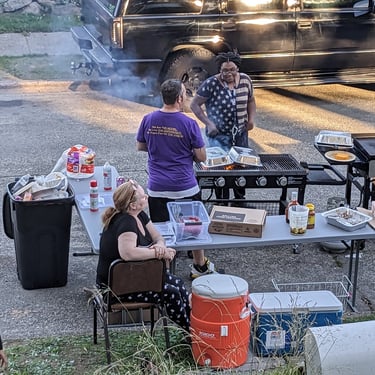
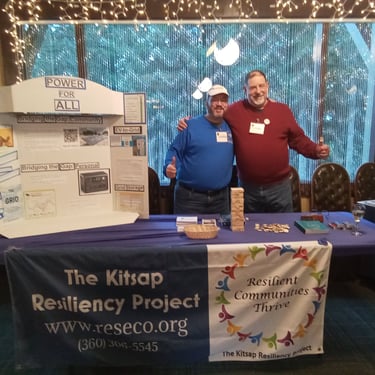
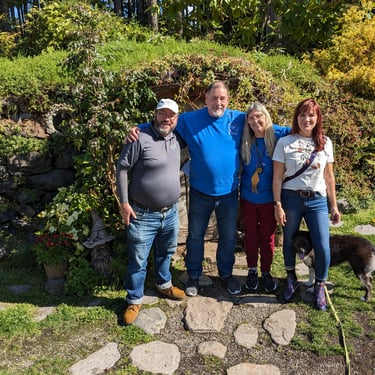
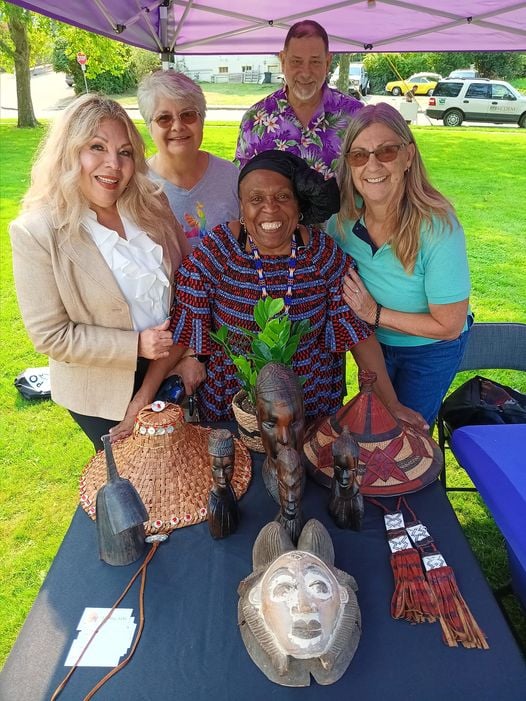

The Resilient Community Movement
In today's ever-changing world, the importance of fostering resilience within neighborhoods and communities cannot be overstated. By facilitating connections among residents, we empower individuals to share their stories and experiences, creating a strong support network. This collaborative spirit not only enhances the well-being of community members but also amplifies their voices, ensuring that their unique human needs are recognized and addressed.
Contact and Connect
info@reseco.org
© 2024. All rights reserved.
